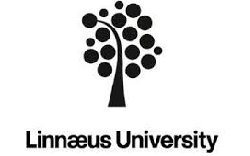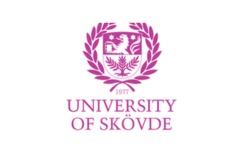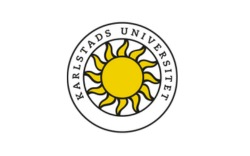Sweden - Top Education Hub for Students!
About Sweden
Sweden, celebrated for its breathtaking natural landscapes, innovative spirit, and world-class education system, has become a top choice for international students. Known for its progressive values, high quality of life, and focus on sustainability, Sweden offers a unique blend of academic excellence and cultural richness. Swedish universities are globally recognized for their cutting-edge research, interdisciplinary programs, and emphasis on creativity and critical thinking. With a safe and inclusive environment, Sweden provides students with an inspiring and supportive atmosphere to thrive academically and personally.
Why Study in Sweden?
Sweden’s education system is renowned for its student-centered approach, fostering innovation, collaboration, and independent thinking. Many programs are taught in English, making it accessible to international students. Swedish universities emphasize practical learning and industry connections, preparing students for global careers. While tuition fees apply for non-EU/EEA students, Sweden offers numerous scholarships to make education affordable. The country’s commitment to sustainability, equality, and innovation makes it an ideal destination for forward-thinking students. Additionally, Sweden’s location in Northern Europe allows easy access to other European countries, making it a gateway to explore the continent.




